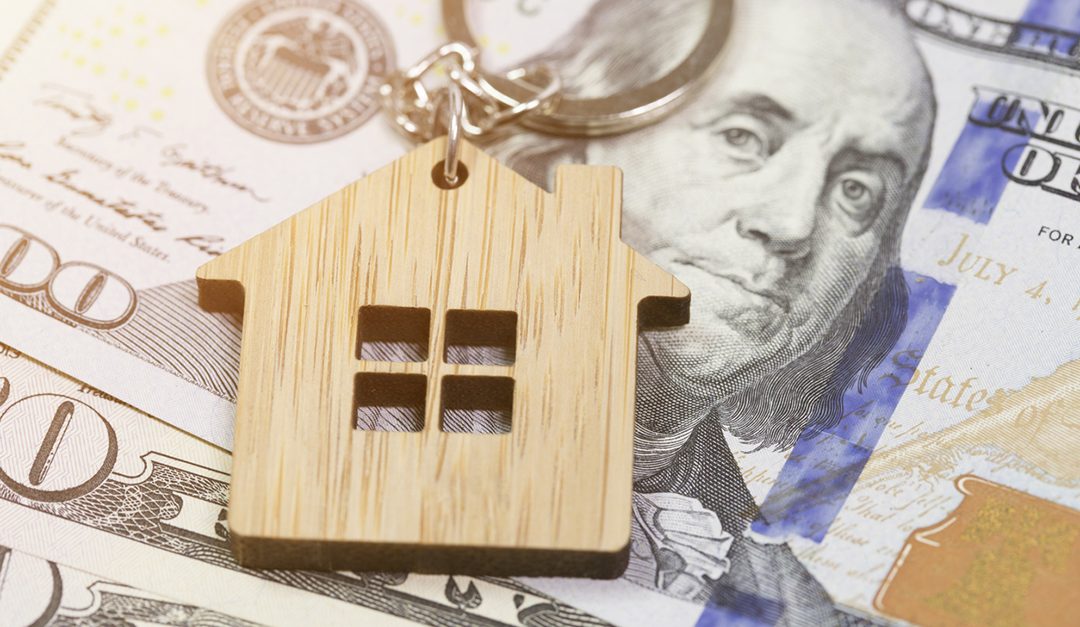"Hopefully customers and realtors know the distinction in between the ability to certify for a house and the capability to maintain and really afford it now," says Sharga. In addition to people who lost their homes, lending institutions and contractors experienced incredible monetary discomfort, says Herbert. "That discomfort has left them more https://60e6d1f7ac303.site123.me/#section-61662bf7fc985 threat averse, so loan providers are more cautious when offering financing to consumers and to builders," states Herbert.
"Much of the items that started the crisis aren't around nashville timeshare and the practices that started it are Additional hints badly constrained," says Fratantoni. Amongst those property owners who lost their house to a brief sale or foreclosure, about 35 percent have actually now acquired another home, according to CoreLogic. how to become a commercial real estate agent. "That suggests that 65 percent didn't return," states Frank Nothaft, primary economic expert at CoreLogic in Washington. how to buy real estate with no money.
"Low paperwork and interest-only loans were fine as a small specific niche for otherwise certified customers with specific situations," states Nothaft. "The problem was that these risky loans became extensively offered to subprime customers." About one-third of all mortgages in 2006 were low or no-documentation loans or subprime loans, says Nothaft - how much does it cost to get a real estate license.

"A foreclosure harms households, communities, lending institutions and financiers." While regulations such as Dodd-Frank altered the monetary world, lenders and investors also lost their hunger for threat and have actually changed their behavior, says Sam Khater, chief economist of Freddie Mac in McLean, Va. As a result, he says, home mortgage efficiency is much better than it has actually been in 20 years.
